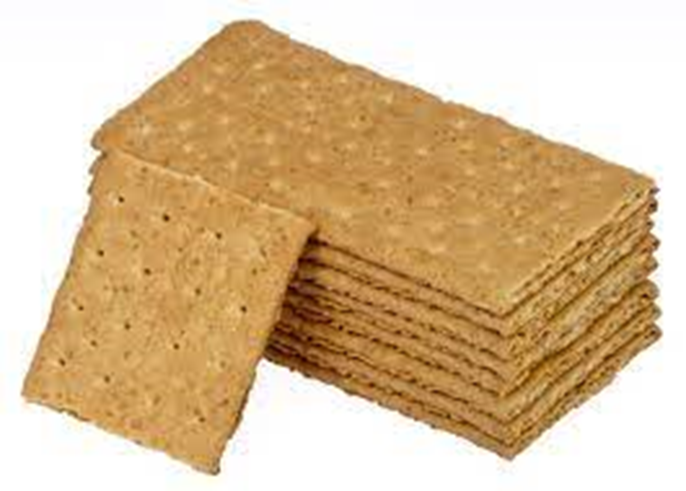A nurse is providing discharge teaching for a client who has iron deficiency anemia. Which of the following information should the nurse include?
Drinking orange juice with iron supplements can decrease absorption.
Cooking in a stainless steel skillet increases the amount of iron in the food.
Drinking iced tea with meals can increase the amount of iron absorbed.
Fish and poultry are primary sources of heme iron.
The Correct Answer is D
Choice A reason: Drinking orange juice with iron supplements can increase absorption, not decrease it. Orange juice is rich in vitamin C, which enhances the absorption of non-heme iron, the type of iron found in plant foods and supplements. The nurse should advise the client to take iron supplements with a source of vitamin C, such as orange juice, strawberries, or tomatoes.
Choice B reason: Cooking in a stainless steel skillet does not increase the amount of iron in the food. Stainless steel is not a good conductor of iron and does not leach iron into the food. The nurse should suggest the client to use a cast iron skillet instead, which can add iron to the food, especially acidic foods like tomatoes or citrus fruits.
Choice C reason: Drinking iced tea with meals can decrease the amount of iron absorbed, not increase it. Iced tea contains tannins, which are compounds that bind to iron and inhibit its absorption. The nurse should recommend the client to avoid drinking tea, coffee, or other beverages that contain tannins with meals, and to drink them between meals instead.
Choice D reason: Fish and poultry are primary sources of heme iron, which is the type of iron found in animal foods and is more easily absorbed by the body. The nurse should encourage the client to eat more foods that are high in heme iron, such as fish, poultry, meat, and eggs.
Nursing Test Bank
Naxlex Comprehensive Predictor Exams
Related Questions
Correct Answer is A
Explanation
Choice A reason: Confusion and weakness are signs of dehydration and electrolyte imbalance, which can result from vomiting and diarrhea. These are serious complications that can affect the client's mental status, blood pressure, heart rate, and kidney function. The nurse should report these findings to the provider and monitor the client's vital signs and fluid status.
Choice B reason: Dry oral mucosa and furrowed tongue are also signs of dehydration, but they are less severe than confusion and weakness. The nurse should report these findings to the provider as well, but they are not the most urgent ones.
Choice C reason: A temperature of 37.4° C (99.3° F) is slightly elevated, but not indicative of a fever or infection. The nurse should document this finding, but it does not require immediate follow-up.
Choice D reason: A blood pressure of 90/58 mm Hg is low, but not hypotensive. The nurse should document this finding, but it does not require immediate follow-up.
Correct Answer is B
Explanation
Choice A reason: Ground beef is high in saturated fat and cholesterol, which can increase the risk of gallstones. A client with cholecystitis should avoid fatty, greasy, or fried foods; meats; and cheeses.
Choice B reason: Graham crackers are low in fat and high in fiber, which can help prevent gallstones. A client with cholecystitis should eat more foods that are high in fiber, such as fruits, vegetables, beans, and whole grains.
Choice C reason: Blueberry muffins may contain butter, eggs, or milk, which are sources of saturated fat and cholesterol. A client with cholecystitis should eat fewer refined carbohydrates and less sugar.
Choice D reason: 2% milk is a dairy product that contains saturated fat and cholesterol. A client with cholecystitis should eat healthy fats, like fish oil and olive oil, to help the gallbladder contract and empty on a regular basis.

Whether you are a student looking to ace your exams or a practicing nurse seeking to enhance your expertise , our nursing education contents will empower you with the confidence and competence to make a difference in the lives of patients and become a respected leader in the healthcare field.
Visit Naxlex, invest in your future and unlock endless possibilities with our unparalleled nursing education contents today
Report Wrong Answer on the Current Question
Do you disagree with the answer? If yes, what is your expected answer? Explain.
Kindly be descriptive with the issue you are facing.
